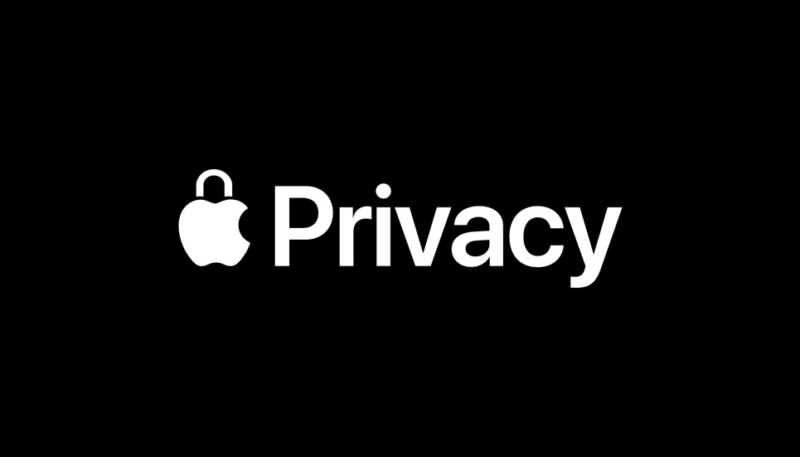Apple today announced that its App Tracking Transparency privacy measures will be required as of the next beta seeds of iOS 14, iPadOS 14, and tvOS 14. Public releases of the updates will reach the public sometime in early spring.
Apple had originally intended to put the requirements into effect last September but delayed the enforcement to allow developers more time to prepare.
App Tracking Transparency will require apps to get the user’s permission before tracking their data across apps or websites owned by other companies. Under Settings, users will be able to see which apps have requested permission to track and make changes as they see fit.
Users will see prompts that include options to “Allow Tracking” or “Ask App not to Track” when opening apps that wish to track their activity. While developers have been allowed to voluntarily add the tracking prompt to their iOS 14 apps by using the App Tracking Transparency framework. However, it has not been required and few apps have implemented the prompt voluntarily.
When a user selects “Ask App not to Track,” the app will be blocked from accessing the user’s IDFA. The developer is also required to respect the user’s tracking preference overall, and is not allowed to use other methods to track the user. Developers that violate the app tracking rules could see their app removed from the App Store.
Users can manage their tracking preferences on an app-by-app basis in the Settings app under “Privacy” -> “Tracking” in the iOS 14 Settings menu.
As you might imagine, ad networks and companies like Facebook have been less than pleased with Apple’s tracking changes. Facebook ran full-page ads and even launched a website claiming Apple’s new rules will hurt small businesses financially.
“We disagree with Apple’s approach and solution, yet we have no choice but to show Apple’s prompt,” said Facebook. “If we don’t, they will block Facebook from the App Store, which would only further harm the people and businesses that rely on our services. We cannot take this risk on behalf of the millions of businesses who use our platform to grow.”
(Translation: These new rules will really put a hit on Facebook’s bottom line.)
Privacy advocates, including the non-profit Electronic Frontier Foundation, have called Facebook’s criticisms “laughable,” saying Facebook’s concerns are really about “what Facebook stands to lose if its users learn more about exactly what it and other data brokers are up to behind the scenes.”
While Google has yet to publicly attack Apple’s moves, it has warned developers that they may see a “significant impact” to their Google ad revenue on iOS once the App Tracking Transparency requirements kick in.
Apple says users deserve control and transparency.
“We believe that this is a simple matter of standing up for our users,” said Apple “Users should know when their data is being collected and shared across other apps and websites — and they should have the choice to allow that or not.”
Apple earlier today shared a new document called “A Day in the Life of Your Data”. The document details how companies track user data across apps and websites. The report also shares how privacy features across Apple’s products give users more transparency and control.
Apple CEO Tim Cook is scheduled to discuss data privacy today at the Computers, Privacy, and Data Protection conference, based in Brussels. Cook is scheduled to speak at 8:15 a.m. Pacific Time. A live stream will be available on YouTube.
Privacy organizations praise Apple’s leadership:
Gus Hosein, Privacy International: “PI’s investigations into data brokers and ad tech companies reveal a complex, fast-growing industry that is opaque to the average user. Where there is a lack of transparency, exploitation thrives. Invisible and gratuitous data collection leaves users unable to exercise their rights and protect their privacy. Apple’s nutrition labels require industry to be clear and upfront with consumers and tools like App Tracking Transparency will help people to assert control over the invisible leakage of their data. With these commendable innovations, industry will finally feel pressure to change. Consumer awareness and technical solutions are important parts of the solution, but in order to prevent a cat-and-mouse game between industry actors, we need substantive, enforceable regulation to stop this exploitation of our data.”
Jeff Chester, Center for Digital Democracy: “Apple’s new data privacy tools ensure that people have greater control over their personal information. Data brokers and online advertisers will now have to act more responsibly when dealing with consumers who use third-party applications on Apple devices.”
Michelle Richardson, Center for Democracy and Technology: “Too often, consumers are unknowing participants in a web of data tracking and targeting. These changes will help rebalance the ecosystem so that data collection and sharing is more transparent and tracking is no longer the default. Systemic change of this breadth is a huge leap forward for consumers.”
Tristan Harris, Center for Humane Technology: “Today’s Apple announcement moves the ecosystem further away from the malicious effects of secretive profiling and microtargeting that enable many of the problems outlined in The Social Dilemma.”


